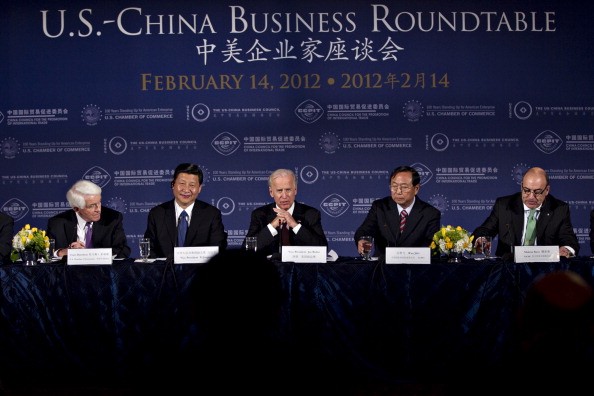A group of American businessmen has called on the Chinese government to ease import restrictions on agricultural goods and biotechnology products including genetically-modified seeds, the San Francisco Chronicle reported.
The call was made amid vocal pronouncements by Chinese leaders that China will defend free trade, in contrast with U.S. President Donald Trump's pledge to restrict imports.
According to the report, the American Chamber of Commerce in China also urged the Chinese government to conduct a faster review of foreign biotechnology products and lifting the restrictions on meat imports as well as other changes.
The group said in a report that by making these changes, the food supply for Chinese consumers will improve and Chinese and foreign companies will have new opportunities.
Meanwhile, suppliers from other countries were startled at China's plan to subject imported items, such as chocolate and wine, to intensive inspection. Suppliers from the U.S., the European Union and other countries expressed concern that this would hamper trade and ask the government to ease the requirement.
The group pointed out areas where foreign companies or imports were restricted, which range from genetically-modified seed to grain processing and pork imports.
"There is huge opportunity for foreign business to access the Chinese market and that will really bring the whole industry up," Yong Gao, co-chairman of the chamber's agriculture committee, told media.
According to foreign suppliers, China uses various safety regulations to obstruct access to imports to China farm goods market.
The group also complained of delay in the approval of imported products which takes longer time compared to other countries such as the U.S. or Brazil.
In January, regulators have approved only one out of 18 products for review, which was fewer than in recent years, Gao noted.
China lifted the import ban on U.S. beef, but before shipment can begin, producers have to wait for Chinese regulators to have each facility to be inspected, which often take months, the group said.



























